SS #90: Background Knowledge (The Door to Reading)
Knowing how to read is about more than just sounding out words. Understanding any given book often requires background knowledge we don’t even realize we’re filling in and a lack of understanding or misunderstanding often comes from a lack of background knowledge.
Language is analogical, communicating is metaphors more than we realize. Before we can understand and communicate ideas, we need a firm grounding in concrete, natural-world background knowledge.
The more we read, the more we’re able to understand in our reading.
Listen to the podcast:
TUNE IN:
Apple Podcasts | Spotify | Stitcher
What you need to know to read well
Today’s Hosts and Source

Brandy Vencel
is a homeschooling mom of four whose favorite metaphor is that education is a feast.

Pam Barnhill
is a homeschooling mom of three whose favorite metaphor is that education is a box of chocolates.

Mystie Winckler
is a homeschooling mom of five whose favorite metaphor is that education is repentance.

Abby Wahl
is a homeschooling mom of five whose favorite metaphor is that education is exercise.
Augustine, in On Christian Teaching, explains what knowledge is needed to read Scripture well, and the outline gives us a sketch not only of what our own self-education needs, but why and what we teach our children also.
“Ignorance of things makes figurative expressions unclear when we are ignorant of the qualities of animals or stones or plants or other things mentioned in scripture for the sake of some analogy.”
Augustine, On Christian Teaching, p. 44
In this episode, the sisters are discussing in particular pages 37 & 43-47 of the Oxford World Classic edition.
Scholé Everyday: What We’re Reading
Death of Christian Culture, John Senior
Pam is starting her 5×5 challenge with a harder book, taking Abby’s advice to let it wash over her. It’s a really good bath.
“Love is a relation not of identity but of will.”
John Senior, Death of Christian Culture
Dante’s Inferno, translated by Anthony Esolen
Abby is reading Inferno and also listening to the lectures by Esolen.
The Road to Serfdom, F.A. Hayek
Mystie is also taking the “wash” approach with her first 5×5 econ pick on audio.
“We are ready to accept almost any explanation of the present crisis of our civilization except one: that the present state of the world may be the result of genuine error on our own part and that the pursuit of some of our most cherished ideals has apparently produced results utterly different from those which we expected.”
F.A. Hayek, The Road to Serfdom
The Immortal Life of Henrietta Lacks, Rebecca Skloot
Brandy has the easy read of the bunch, but the ethical questions the journalistic book uncovers are complex and uncomfortable.
Augustine’s Take on Reading
In this little book, Augustine lays out a basic overview of what ought to be included in Christian education, and it boils down to reading. But simply being able to decode is not what he means. Augustine breaks out various obstacles to understanding what we read, and Scripture in particular, and uncovers how to overcome those obstacles.
To pull meaning from a text, you have to bring a lot of background knowledge to bear. Improving your ability to read and understand involves learning about life, the universe, and everything.
Layers of experience & understanding
Understanding “all we like sheep have gone astray” takes a knowledge of sheep, and sometimes it is the shallowness of our experience hindering understanding because we think we know when we really don’t.
There are city kids who maybe have an idea of a cartoon-shape sheep that’s cute and goes baa. Without any real knowledge of sheep, the analogy of Scripture is lost.
Then there are book-learned people who have a theoretical idea about the nature of sheep, who have perhaps pet one in a zoo, and who have read A Shepherd Looks at Psalm 23. Still, the depth of their understanding is lacking and they might not even know it.
The simile communicates most to the actual shepherdess who intimately and personally experiences the stupidity and inconvenience and neediness of herds of hundreds of sheep.
Grammar-Stage Reading
Augustine is writing to men in the equivalent of seminaries or monasteries, not to young children. But the knowledge that he says they must have is what we often focus on in the younger years of education: providing a broad experience, exposure, and introduction to real life.
You don’t become a better reader or better-read by climbing into an ivory tower or locking yourself away in a library. Your intellectual life is fed by physical realities of life.
Reading Level #1: Read to become familiar first
“The first rule [is] to know these books; not necessarily to understand them but to read them so as to commit them to memory or at least make them not totally unfamiliar.”
Augustine, On Christian Teaching, p. 37
Your first reading of a great book does not need to be a deep dive. The best way to begin is a simple, straightforward, read-through simply to become familiar with the contents. Make the book your acquaintance before you work at making it a friend.
“Think before you google.”
Abby Wahl, Episode #90: Background Knowledge
Reading Level #2: Examine statements closely.
“Then the matters which are clearly stated in them, whether ethical precepts or articles of belief should be examined carefully and intelligently. The greater a person’s intellectual capacity, the more of these he finds.”
Augustine, On Christian Teaching, p. 37
Before you can make a careful examination, you have to start with that big picture view. But the big picture, surface-level reading is not adequate for knowing or understanding the text.
Reading Level #3: Interpret obscure passages only after thoroughly studying the clear passages.
“Then…one should proceed to explore and analyze the obscure passages by taking examples from more obvious parts to illuminate obscure expressions and by using the evidence of indisputable passages to remove the uncertainty of ambiguous ones.”
Augustine, On Christian Teaching, p. 37
Still today, Augustine’s point that Scripture should interpret Scripture and that clear passages should be used to illuminate obscure passages is the hermeneutic taught in faithful seminaries today.
Seeing the signs (unknown & ambiguous words)
Augustine says there are two ways we can fail to understand a text: the words (signs) are either unknown or ambiguous. When we are reading a text, we must be on the watch for both potential pitfalls.
A sign (word) may be unknown when it is unfamiliar to us or in a different language. More often, a word’s usage is at least partly metaphorical and we fail to recognize the metaphor or we don’t have the experience to fill in the metaphor’s meaning.
Metaphors do illuminate concepts. Without them, we would not be able to communicate as well nor understand as well as we can when we use analogical language.
Broad & deep reading is vital
When we have a broad experience in life and in books, we have a bigger bank account to draw on when we encounter new books and ideas.
When we read multiple books in a single subject, we also get a breadth of opinion and information that gives us a better picture of the whole. Still, we don’t want to read exclusively in a single subject.
Broad reading on a variety of topics will actually inform and refine our understanding of seemingly unrelated topics.
Reading for different levels of knowledge
In The Seven Laws of Teaching, John Milton Gregory seems to have derived his four levels of understanding from Augustine:
- A faint recognition
- The ability to describe in a general way
- The power to readily explain, prove, and illustrate
- A deep appreciation such that we are compelled to act differently
As we read Scripture and great works, we want to move from the first level of understanding more and more toward the final and fourth level of comprehension.
The metaphorical use of language
“It is easy to understand that unbroken peace is signified by the olive branch brought by the dove when it returned to the ark simply because we know that the smooth surface of oil is not easily broken by another liquid and also that the tree itself is in leaf all year round.”
Augustine, On Christian Teaching, p. 44
Ignorance of nature makes us unable to understand what the Scripture is talking about when it makes analogies. Augustine commends that we learn all about plants, animals, and music, not only for their own sake, but so that we can understand what Scripture is communicating.
You can also use a Bible atlas or podcast with commentary to gain some of the background knowledge assumed in Scripture’s allegories, prophesies, and narratives.
Background knowledge for other old, great works includes mythology, fairy tales, nature study, astronomy.
All knowledge plays together and connects, even knowledge found in pagan sources. In other words, all truth is God’s truth.
“A person who is a good and a true Christian should realize that truth belongs to his Lord, wherever it is found, gathering and acknowledging it even in pagan literature.”
Augustine, On Christian Teaching, p. 47
Knowledge begins with wonder
While the deeper levels of reading and knowing do require analysis, we also don’t jump straight to them. Bypassing the first rule of reading inhibits your knowledge; it doesn’t speed up its mastery. Poetic knowledge based in wonder and memory happens first. Only then can the structure of analytical understanding stand.
“An unfamiliarity with numbers makes unintelligible many things that are said figuratively and mystically in scripture.”
Augustine, On Christian Teaching, p. 45
The fact that we understand less because our background knowledge is deficient is nowhere so obvious as when Augustine gets into biblical numerology.
Knowing things helps you read better, think better, live better
God is a unity and all knowledge is ultimately tied up in him, so it makes sense that knowledge builds and connects.
We read more and know more not for ourselves but so that we can better know and love God, in whom all knowledge and wisdom is found.
“[The one who is familiar with scripture] will read [other books] more confidently when equipped with a belief in the truth; they will then be unable to take possession of his unprotected mind and prejudice him in any way against sound interpretations or delude him by their dangerous falsehoods and fantasies.”
Augustine, On Christian Teaching, p. 35
Background Knowledge for Things Mentioned in This Episode:
A Shepherd Looks at Psalm 23 by Keller, W. Phillip (2007) PaperbackThe Seven Laws of Teaching: Foreword by Douglas Wilson & Evaluation Tools by Dr. Larry StephensonCurious Case of Benjamin Button, TheThe Curious Case of Benjamin ButtonThe City Of God With an Introduction By Thomas MertonThe Brothers KaramazovOxford Bible AtlasThe Student Bible AtlasPoetic Knowledge: The Recovery of EducationAgainst Academicians and the TeacherHeidi by Johanna SpyriLittle Women (Puffin in Bloom)The Pilgrim’s Progress By John Bunyan: Unabridged 1678 Original VersionEric Sloane’s Weather Book
Listen to related episodes:
SS#149: Reimagining School
SS #148: De-Institutionalizing School (with Heather Olsson!!)
SS#142: Attention is a homeschool essential
SS #137 – Fairy Tales Are True (with Vigen Guroian!!)

Want to talk about the ideas presented here? The conversation is happening inside Sistership.
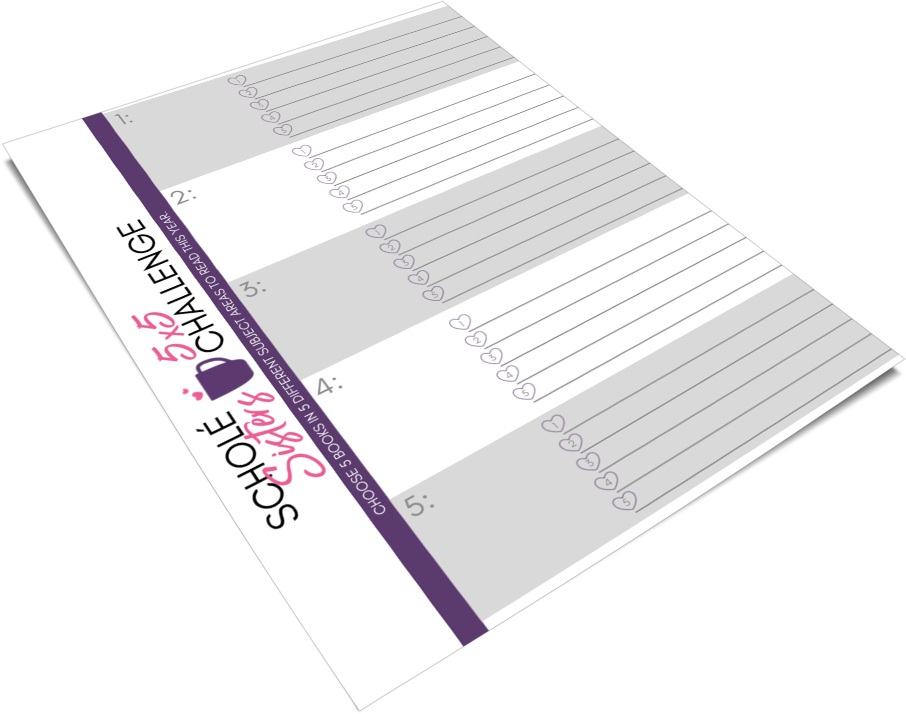

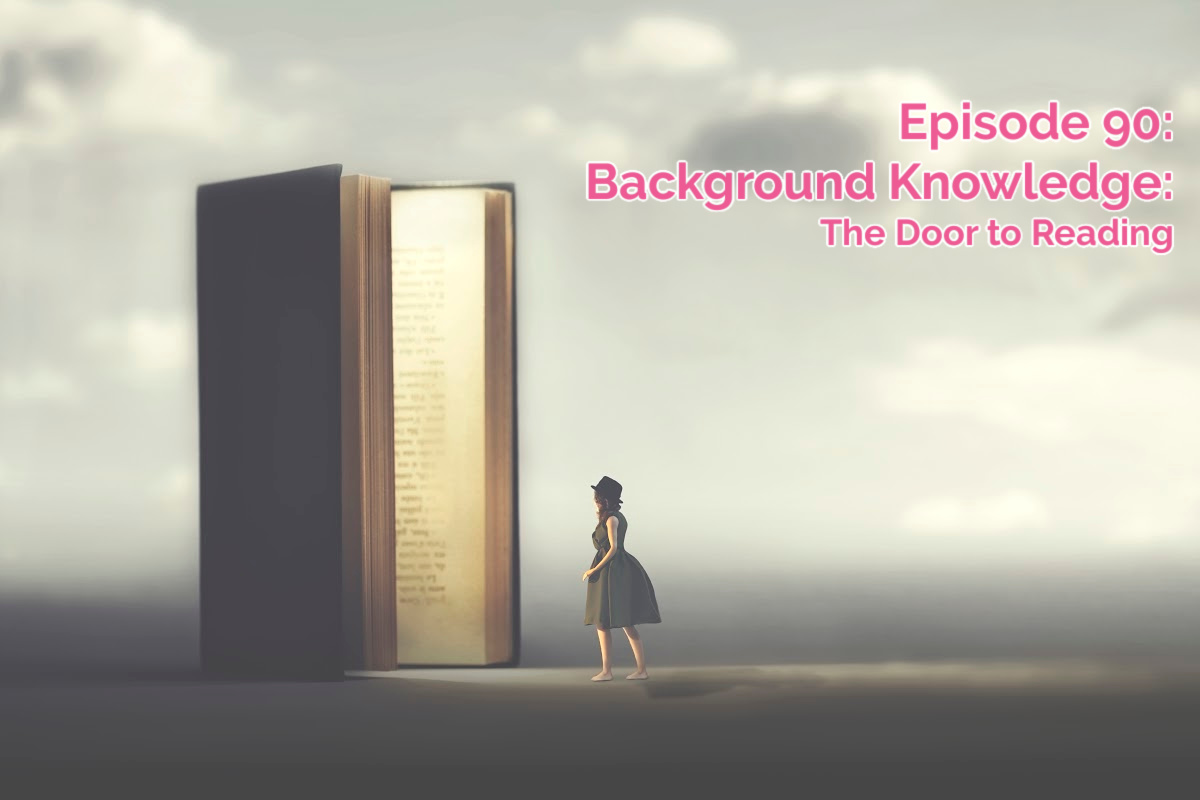

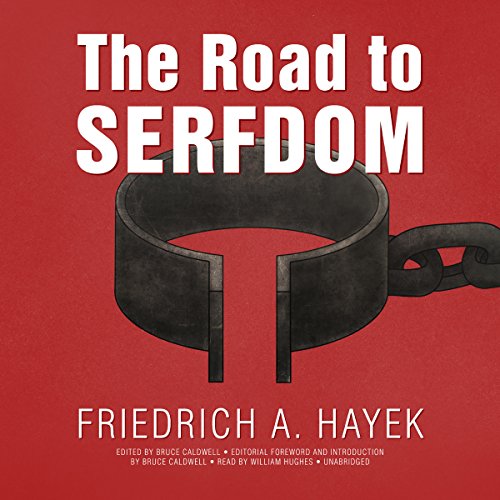
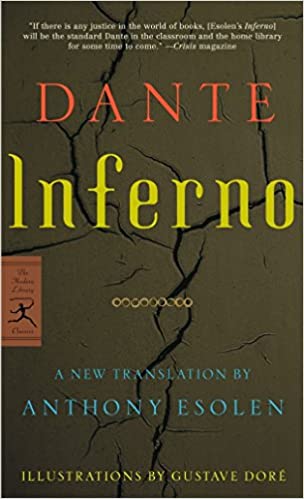
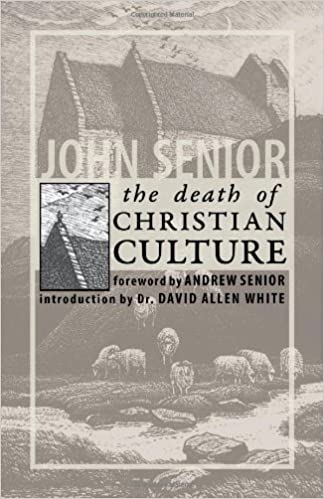

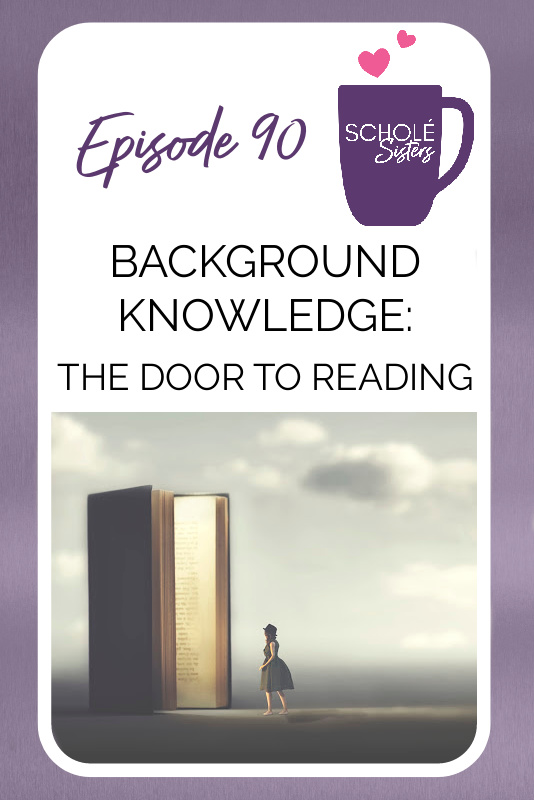
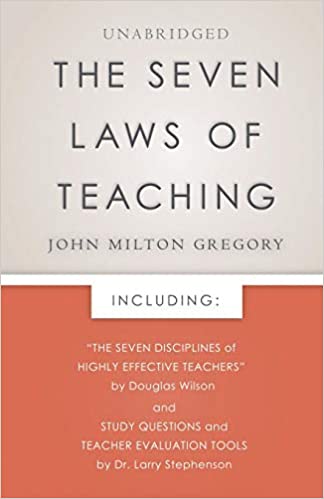


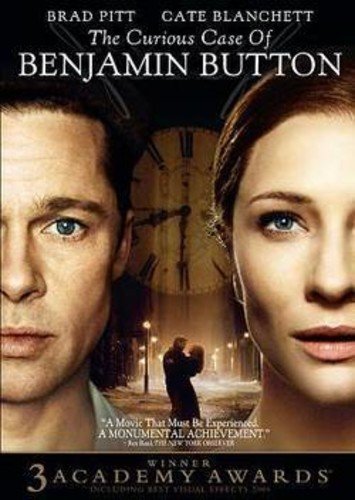






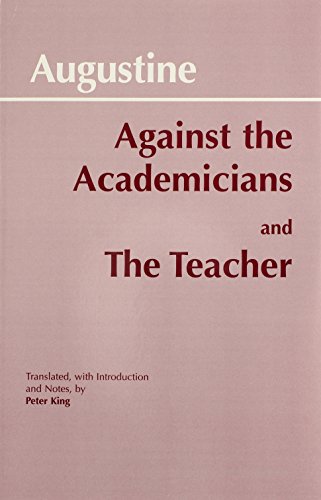

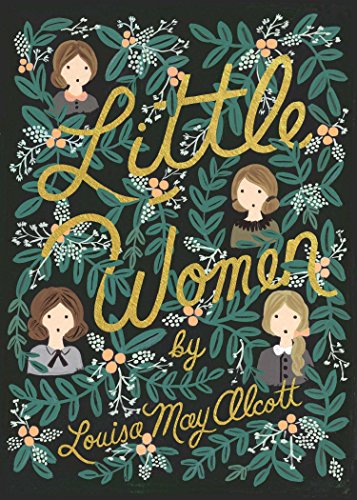



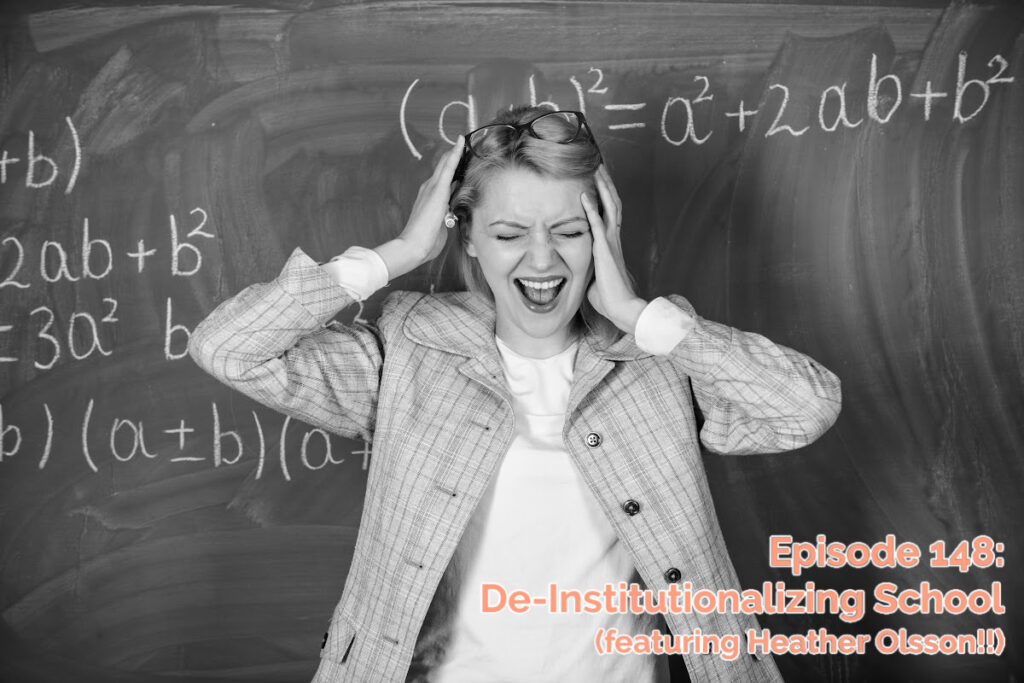



One Comment
Comments are closed.